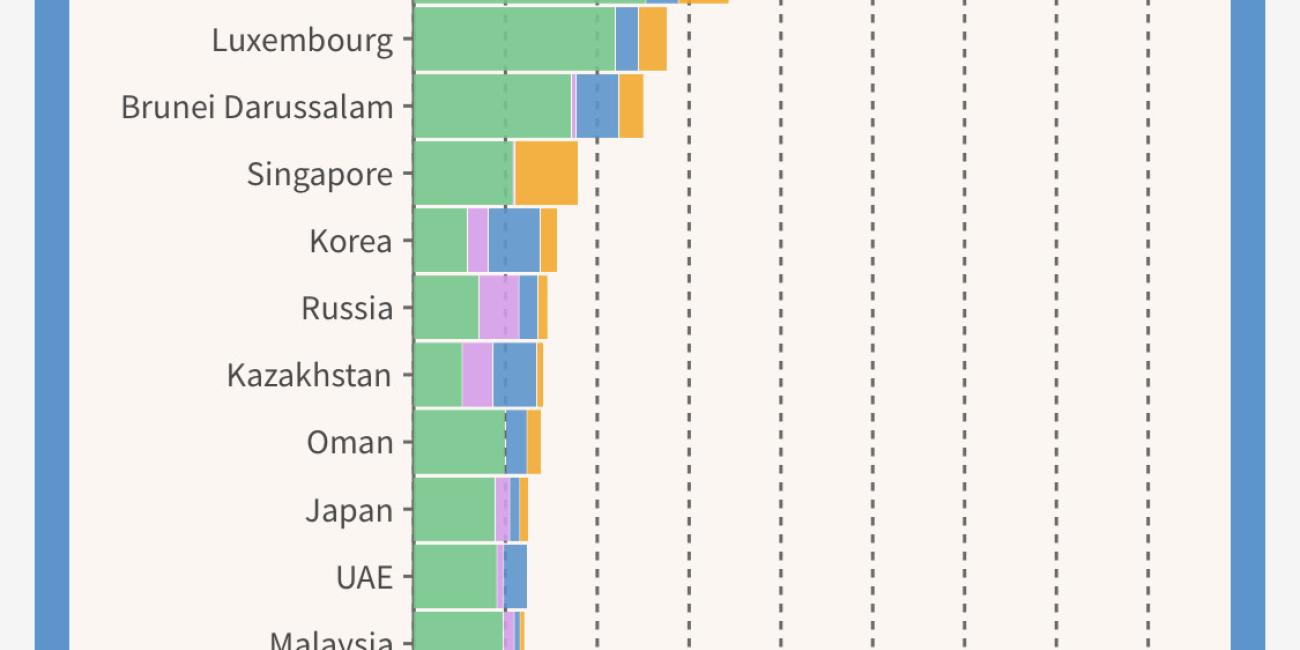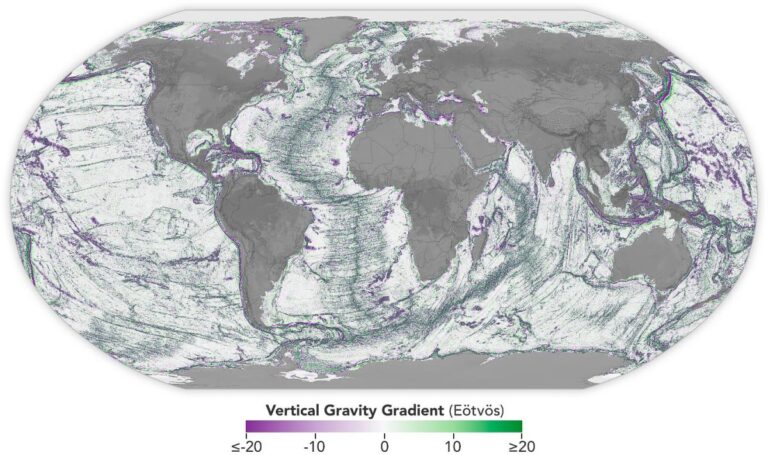The Nigerian government’s decision to remove fuel subsidies on May 29, 2023, has sparked intense debate. The move, led by President Bola Tinubu’s administration, resulted in a sharp increase in fuel prices to approximately N1,030 per litre.
While the World Bank insists that Nigeria must sustain this reform for long-term economic stability, many Nigerians are questioning the policy, especially as other countries—including developed ones—continue to heavily subsidize fuel.Global Comparison of Fuel SubsidiesData from the International Monetary Fund (IMF) reveals that several countries, many of which are wealthier than Nigeria, still allocate significant resources to fuel subsidies.
Below is a breakdown of per capita fuel subsidies in selected nations (as of September 2023):Kuwait: $5,058 Saudi Arabia: $4,817Luxembourg: $4,389Qatar: $3,897United States: $1,535Singapore: $2,167Oman: $1,994Russia: $1,419 ,South Korea: $1,178.
These figures highlight the contrast between Nigeria’s decision to abolish subsidies and the practices of other countries. For example, Qatar—a major oil producer—allocates $3,897 per capita for subsidies despite having a poverty rate of only 0.4%. In contrast, 63% of Nigerians are considered multidimensionally poor, according to the National Bureau of Statistics.Nigeria’s Oil Production vs. Global ProducersLike Nigeria, Qatar and Saudi Arabia are significant producers of crude oil.
Qatar produces approximately 1.76 million barrels per day, while Saudi Arabia’s output is around 9.5 million barrels daily. However, both nations maintain subsidies to cushion fuel prices for their citizens, while Nigeria has chosen to remove them.Criticism of the World Bank’s PositionThe World Bank advocates for the removal of Nigeria’s fuel subsidies, arguing that it is necessary to stabilize the economy and reduce corruption in the fuel sector.
However, this stance has faced criticism from several quarters.Former Kaduna Senator Shehu Sani remarked, “The World Bank wants the hardship to extend for fifteen years before we reach the promised land. How many African countries has the World Bank taken to this promised land?”The Nigeria Labour Congress (NLC) has also voiced concerns, warning that rising fuel prices will exacerbate poverty and suffering across the country.
In response to growing public outcry, the House of Representatives has urged the government to reconsider its policies to prevent excessive hardship.Government’s Justification for the ReformPresident Bola Tinubu defended the removal of subsidies, stating that it was necessary to save money for national development and prevent corruption in the fuel sector. However, with rising inflation and economic challenges, many Nigerians remain skeptical about whether these savings will translate into meaningful benefits for citizens.
Conclusion
The debate over fuel subsidies reflects a broader tension between economic reforms and social welfare. While Nigeria aims to address corruption and reduce fiscal pressure, the removal of subsidies has caused immediate hardship for many citizens. With other nations continuing to provide fuel subsidies despite being wealthier, Nigerians are questioning whether the World Bank’s advice aligns with the country’s realities. Going forward, the Nigerian government must find a balance between reform and relief to ensure economic stability without worsening poverty.

















+ There are no comments
Add yours